
Love Letters to Poetry | “Ask”
I wrote “Ask” because I know it is not always easy to ask questions. In a class where everyone else seems to know what is being taught and we don’t understand, sometimes we feel embarrassed. We need help but we don’t feel comfortable enough to ask for it. I have felt that way.
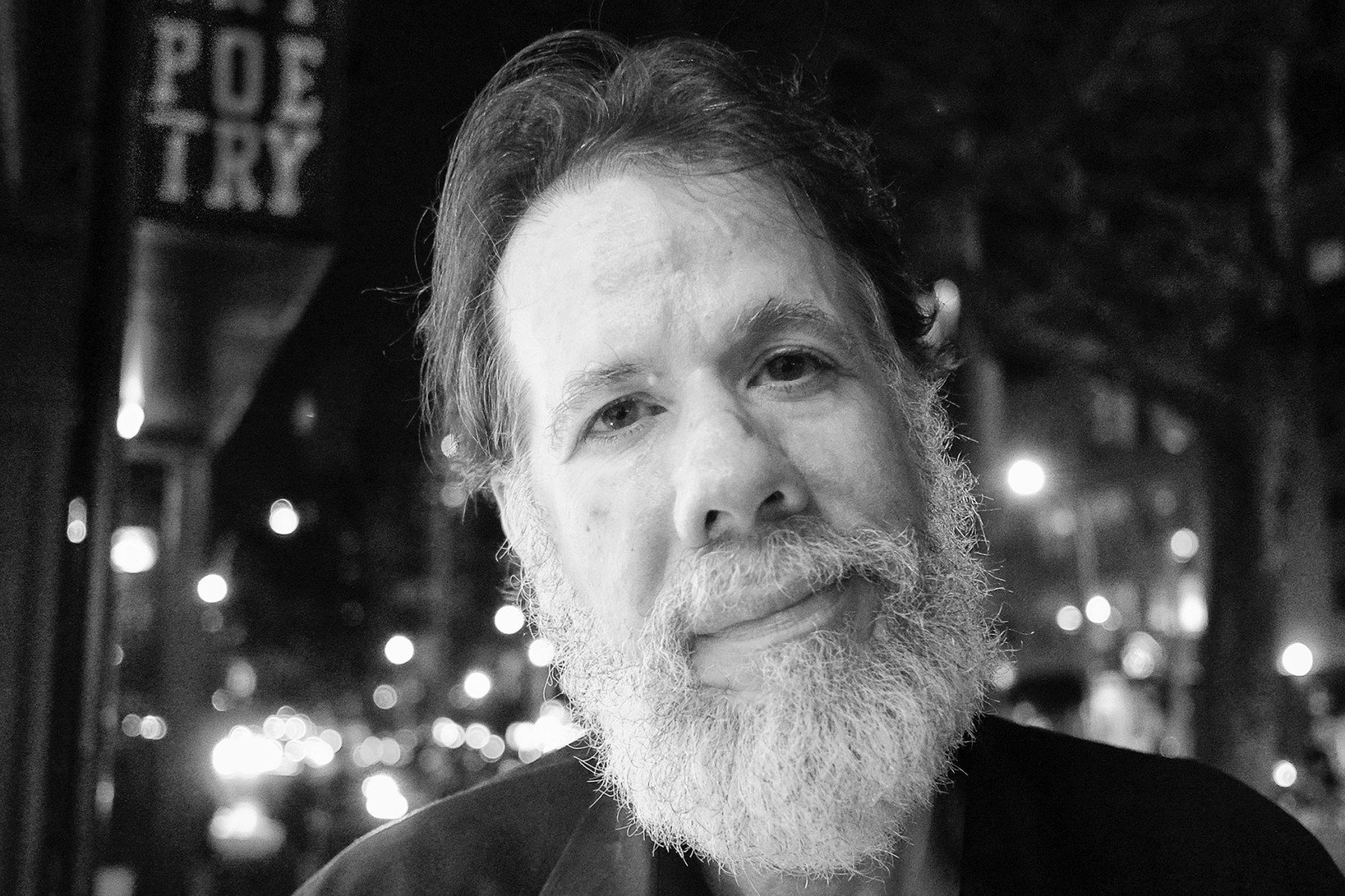
Love Letters to Poetry | “Alabanza: In Praise of Local 100”
Marilyn Nelson reads “Alabanza: In Praise of Local 100” by Martín Espada.
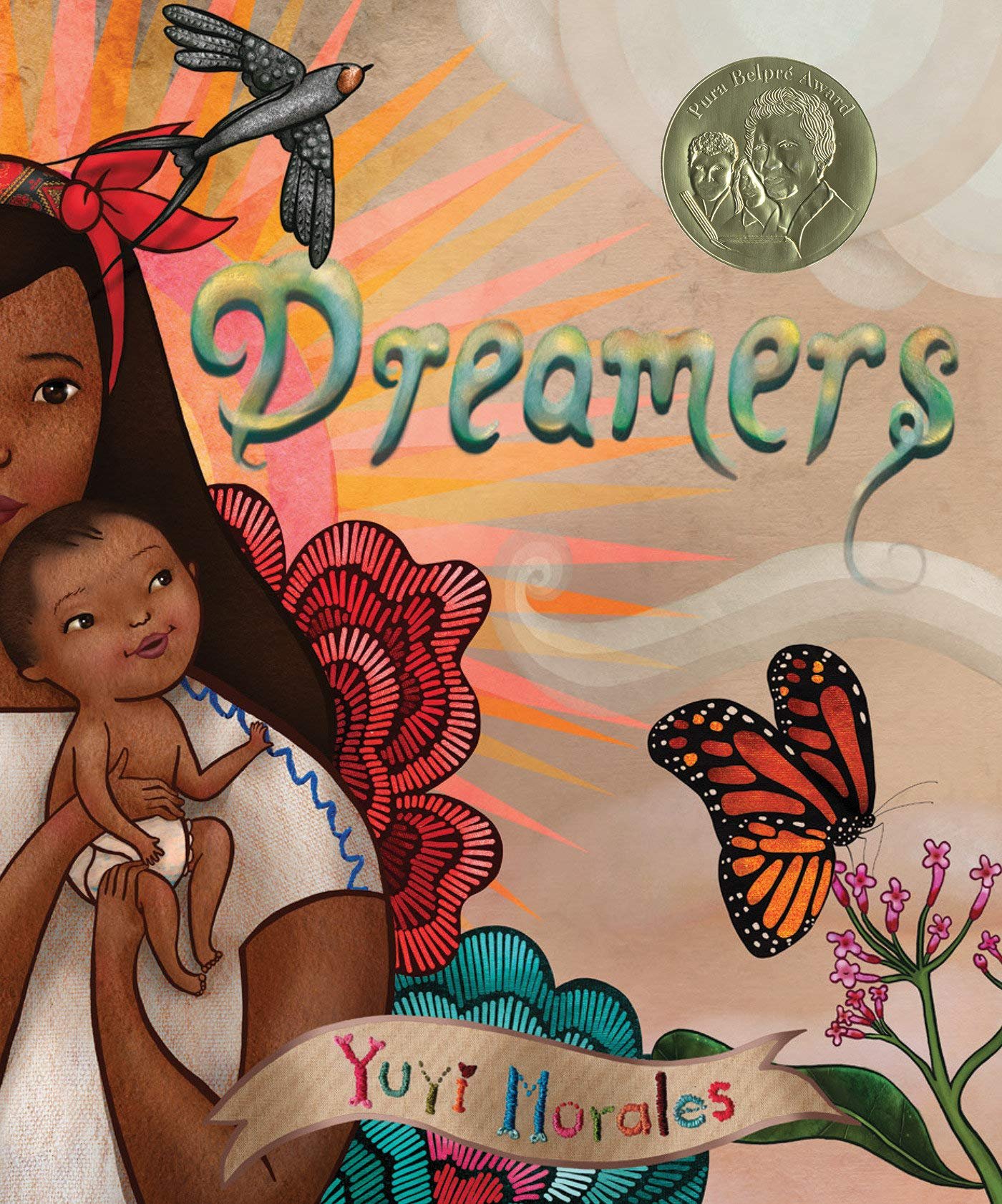
Love Letters to Poetry | Reflection on DREAMERS
DREAMERS by Yuyi Morales is a picture book written in verse that I wished I would have had as a young refugee child. Morales's words beautifully portray the layers of complexities immigrants experience as we navigate life in a new country. Even though this is a book written for young children, it shows the realities that many immigrant families struggle with such as loss of home, learning a new language and finding connection in the simplest of things.

Love Letters to Poetry | How to Write a Verse Biography
When you have a thirst
to write a biography in verse
remember, it’s the story,
not the verse.

Love Letters to Poetry | How to Read a Poem
First, read it aloud. Feel the pleasure of the words on your tongue. Let the words fill your body, an instrument that never needs to be tuned.
Take your time.

Love Letters to Poetry | "the earth is a living thing"
My love letter to poetry is also a love letter to the earth.

Love Letters to Poetry | Reflection on OTHER WORDS FOR HOME
I love this novel in verse OTHER WORDS FOR HOME by Jasmine Warga. I was halfway writing UNSETTLED and gave up 1,000,000 tries and this book gave me the final boost I needed to complete my manuscript. It was so heartwarming to see a character wear hijab here and describe it so beautifully.

Love Letters to Poetry | Hybridity, Voice, and Vignettes: An Interview with Ari Tison
GLORIA: First off, CONGRATULATIONS on the publication of SAINTS OF THE HOUSEHOLD!!! It's so exciting. I hope you're pausing in the whirlwind of the book release to take in all the goodness of this moment!
ARI: Gloria, thank you so much. That really means the world. I’m so very happy to get to talk with Diverse Verse about poetry! This collective is so beautiful. It is its own pantheon of poetry folks.
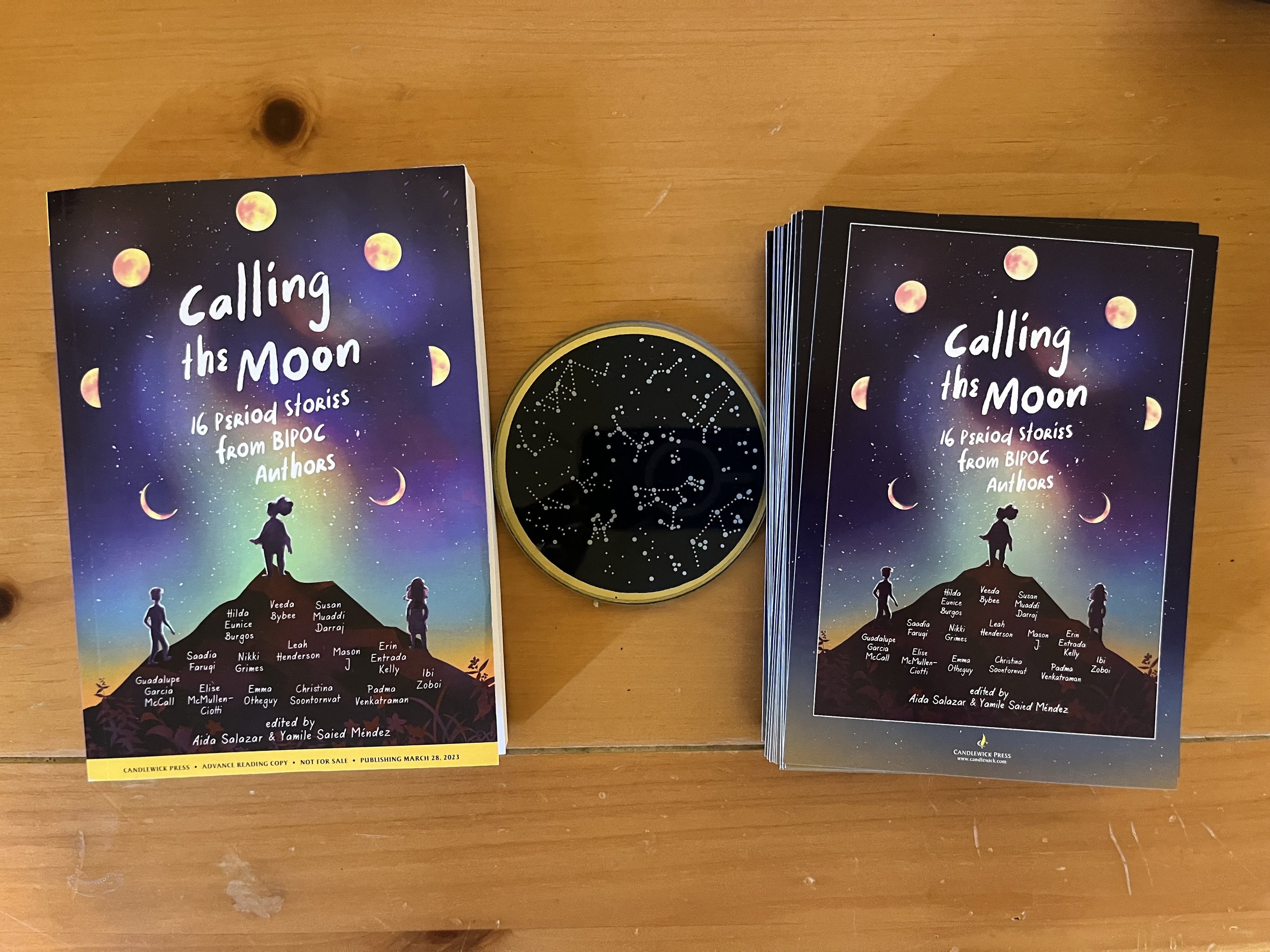
Love Letters to Poetry | The Power of Poetry
I think the reason I’m a writer is because I believe that one of the most important types of power we wield is the power of language. The words we choose to use. I’ve always felt this power, most acutely, in poetry. As a child, I dictated poems to my mother before I could read – and I filled notebook after notebook with my laboriously written poems.

Love Letters to Poetry | A Conversation with Richard Blanco about Poetry
I was recently in Miami where I had a chance to catch up with Richard Blanco. We’ve been friends for over twenty-five years. Our shared Cuban heritage created a strong bond as well as our love of literature. Coming from immigrant families, we felt pressure to choose practical professions, so we both have double careers, Richard as an engineer and poet, and I as an anthropologist and writer of children’s books.
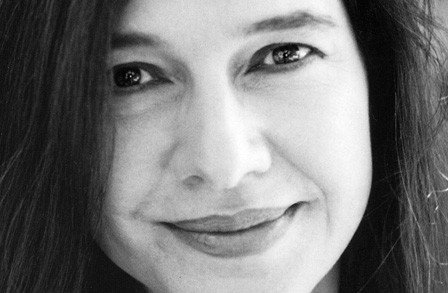
Love Letters to Poetry | “Indian Boarding School: The Runaways”
Marilyn Nelson reads “Indian Boarding School: The Runaways” by Louise Erdrich.

Love Letters to Poetry | The Poetry of Love
Most of my recent verse novels are young adult love stories. They are also STEM books. Your Heart, My Sky, Wings in the Wild, and Wild Dreamers (scheduled for 2024 publication by Atheneum) are both romantic and scientific. I don’t know if anyone else is writing YA verse novels that combine biology, climate action, and romance, but I hope young readers can find something to love in this unusual hybrid form.

Love Letters to Poetry | Growing A Theme: From A SEED IN THE SUN
I chose the poem "Seeds" from my verse novel A SEED IN THE SUN because it, more than any other poem, encapsulates the theme of the book through poetry. Themes in a verse novel can be fertile ground from which to grow the novel. Because this story is about a farm working child, and because I used the Mexican proverb, "They tried to bury us, but the they didn't know we were seeds" as a springboard, I took the liberty to use the metaphor of a seed to tease out its multiple meanings.

Love Letters to Poetry | Finding Poetry
One of my favorite poetry anthologies is In Search of Color Everywhere, edited by E. Ethelbert Miller. As a poet, I search for poetry everywhere. And sometimes I find it.

Love Letters to Poetry | Thirteen Ways of Surprising Yourself and Your Reader
One thing about writing poetry that I especially love is that it teaches me to see the world with fresh eyes. Wallace Stevens certainly did this when he wrote “Thirteen Ways of Looking at a Blackbird” which is an excellent study in observation. A wonderful way to develop one’s poetic eye is to study something—anything!—and write about it in thirteen—or more—different ways. I have found this exercise to be very useful, especially when I don’t know what to write about (which happens more often than I’d care to admit).
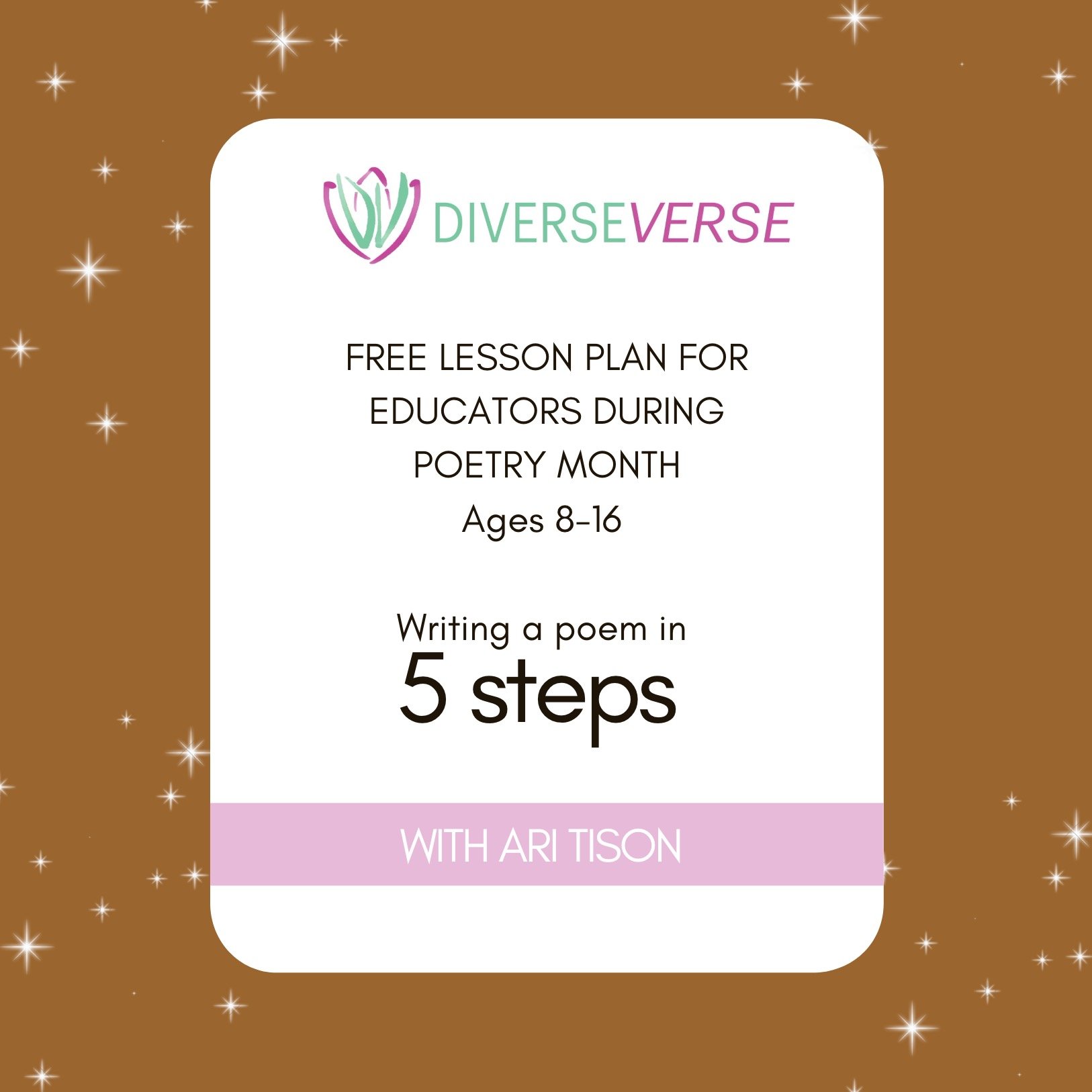
Love Letters to Poetry | How to Build a Poem in Four Easy Steps
HOW TO BUILD A POEM IN FOUR EASY STEPS
One Lesson Plan for Teachers & Educators to Use for POETRY MONTH
Ages 9-17
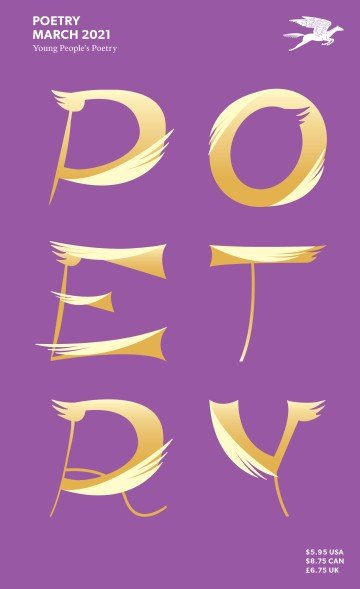
Love Letters to Poetry | Different Kinds of Silence
Silence can be peaceful. Silence can make us feel calm. Silence can give us the space to dream, to love, to reach out compassionately to another person. Silence can be a spiritual space.
But there is also another kind of silence – one that destroys, instead of creating. The type of silence that can be cowardly. Silence which, in its worst form, might result in criminal negligence.

Love Letters to Poetry | Advocating for Poetry All Year Long
Carl Lennertz, Executive Director of The Children’s Book Council (CBC), recently asked me to write a short piece to celebrate a brand-new award, the Eloise Greenfield Children’s Poetry Advocate of the Year Prize, an award created by CBC and HarperCollins with the support of Steve and Monica Greenfield (children of Eloise Greenfield).
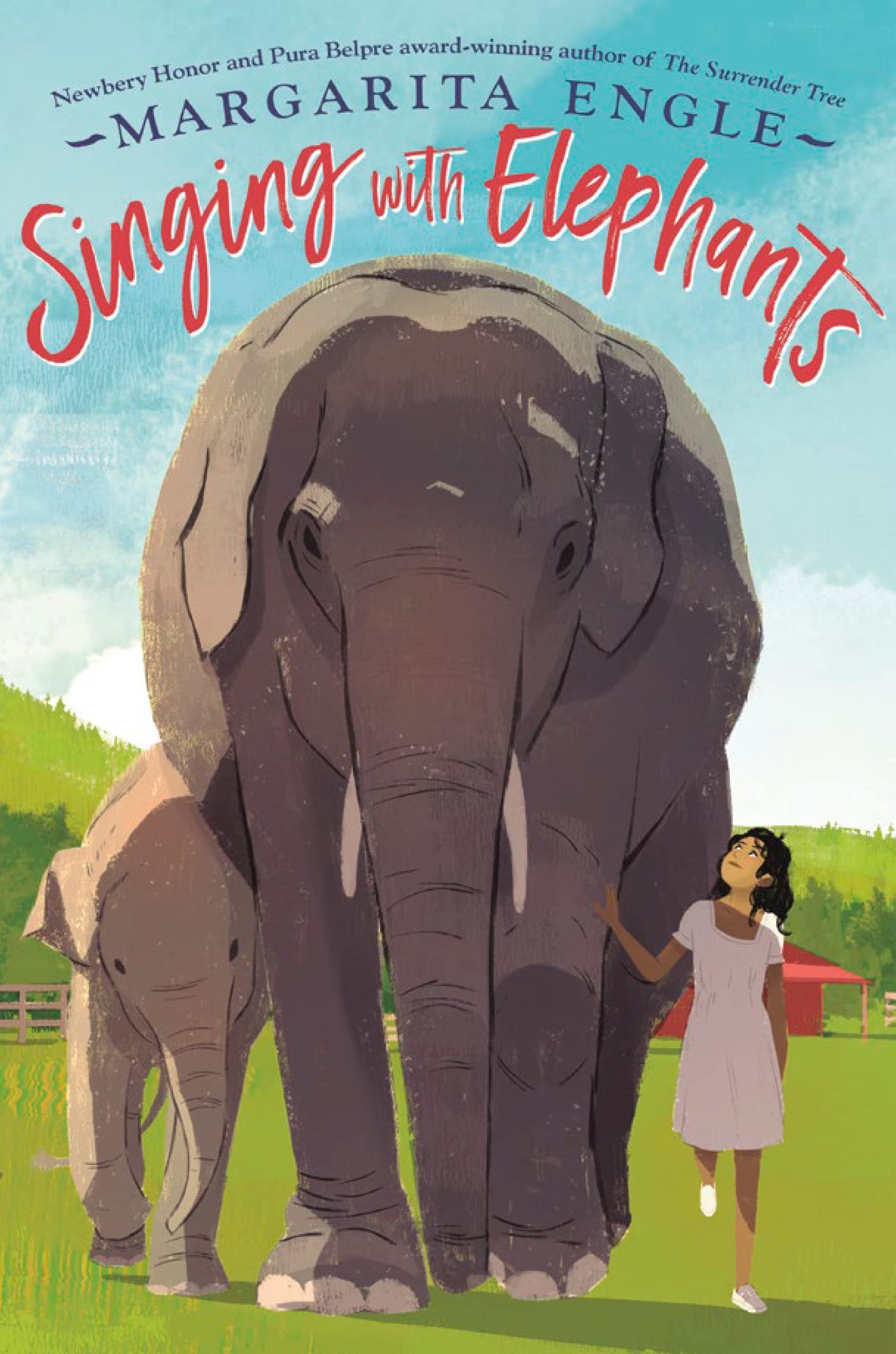
Love Letters to Poetry | Reflection on SINGING WITH ELEPHANTS
This first page by @margaritapoet is beautiful. It tells us immediately what poetry means to the main character. It evokes a sense of time and place, a magical summer with a famous poet and a family of musical elephants. Through whimsical verse, the first page has hooked us in! Who can put this book down after the first page?

Love Letters to Poetry | Art & Abolition
When I first heard about prison abolition, I had a fairly common, knee-jerk reaction: “No prisons? What about all the rapists? What about all the pedophiles?” Black feminist icon Angela Davis has been a hero of mine for decades but even her leadership role within the movement didn’t immediately convince me of its legitimacy. It has taken several years and more reading of Davis and other abolitionists for me to understand what a prison-free society could look like in the United States.
